Theresa Rose Sebastian is a 16 year old activist for justice. She is originally from Kerala in India but currently resides in Cork, Ireland. Theresa started her work as an activist in 2018 after she experienced terrible floods that submerged many homes, businesses and unfortunately took the lives of more than 400 people.
Theresa is one of the activists I met in Summer Meeting in Lausanne. She actively works in organising climate protests, working to implement climate education and running climate justice focused organisations.
Fight for the person you haven’t met yet, fight for your neighbour in a country on the opposite side of the world. We need to fight with each other and alongside each other.
Atlas: How did you become a climate activist?
Theresa Rose: Before 2018, all that I knew about climate change was what I was taught in geography. 2018 changed all of that. This was was when climate change really hit my state. We were hit by one of the most massive floods due to extremely heavy rainfall. These floods submerged entire Villages, submerged houses, killed over 400 people and left 60 people still missing. I was stuck in those floods and that fear of wondering is there tomorrow? Will I still have my home? It’s not something I’d put on anyone.
When I returned I felt so lucky so grateful to be able to be back home and then it struck me, there are thousands of people all over my state who are now homeless because of the floods and it’s crazy to think about it, but it isn’t
something we can forget.
‘I was stuck in some of the worst floods’
What kind of climate crisis have you witnessed in your own life?
I am from India and have seen the climate crisis up close & have been privileged enough to come here unscathed apart from emotional pain & the financial loss. 2018, I went back to my home in India & was stuck in some of the worst floods. Floods that submerged buildings, people, animals. Floods that kept me awake wondering if tomorrow it would be my building
gone. It left 400 people dead. Those floods didn’t stop after 2018, they happened again.
The impacts of climate change can be visibly seen in my state in India. During the December to New Year period, Trivandrum which is a place in my state used to be cold. Now it’s at 37 degrees. Places like Palakkad and Wayanad used to be warm , but now it is scorching heat. It’s come to the point that my state is every single day affected by climate change and that cannot be kept
silent.
‘We need to fight alongside each other’
What’s the most important thing that one person can individually do to help save the planet?
Actively accept the fact that this is not just climate change – it is a climate cri
sis and an emergency. Accept and understand that you might unknowingly be privileged and not be as badly affected as people from the global South, and use this privilege to fight now. Fight for the person you haven’t met yet, fight for your neighbour in a country on the opposite side of the world.
We need to fight with each other and alongside each other. And the first step to achieve that is acceptance of truth and privilege. Without true understanding and acceptance of the climate crisis, it is hard to provide and work for real action.
We can see this clearly with the inaction of our governments. By not giving the crisis the dire importance it needs, whatever solutions they “come up with” will always be inefficient and not enough. We need to accept and take responsibility, not just for ourselves and our country but for all who live on this planet.
What is your own focus on the climate crisis work?
My work bases itself around three key points – education, empowering and reforming. I truly believe education is one of our greatest tools. I believe that action and justice orientated education can truly aid people to be change makers themselves.
I am currently working to create and spread climate justice orientated educational materials for students in universities and in schools in India, Ireland and hopefully internationally. With empowerment, I think this is very important. We cannot just put the information in someone’s hands and expect them to know what to do. We must empower and uplift each other to be the change-makers. We have to stand united in this fight and I believe one of the ways to do this is to empower each other. We can do this by working together, sharing resources, sharing experience and knowledge.
Finally reforming. We have seen time and time again that the current world we live in is not sustainable. We need to fix this err in our system. We must give sustainability that same importance in our life. Covid-19 and the climate crisis has shown us the results of broken, unsustainable systems. We must break down the failing system and reform it.
‘Look at the elephant in the room’
If you had a platform to speak to the leaders of the world, what would you say to them?
Stop waiting. Stop trying to take things slow and look at the elephant in the room. The system is broken. You have the power to bring real change and fix the problems. But you continue to put a simple plaster over a large wound. This is not enough and you know it isn’t. Stop putting profit over people. This mindset of putting the economy first has caused us to reach this rough
break in the road.
You were chosen by the people to lead and serve, yet all you’re doing now is denying the truth and aligning with injustice by not acting and changing what you know needs to be changed and not doing it at the speed you know we need to do it. Leaders, I ask you, accept the crisis for what it is – a crisis. Then get up, and make those changes with justice and sustainability at its core, not greed.
‘I do owe my love for nature for my family’
Do your family, school or friends support your activism?
My family supports me as best as they can but of course, it is a lot for them to understand. For them education is the most important and they worry about how I handle activism and my education. At times they tend to look at this as a hobby, but I make it my role to teach them and help them change their ways as well.
But I do owe my love for nature for my family. My parents
both grew up with their garden being a source of their food. They found beauty and peace in nature, a gift I am grateful they passed down to me. I’m very lucky that my school supports me with my activism. They know and allow me to skip school for the protests. They’ve even allowed me to give one of my talks in one of the empty rooms during school. They’ve even taken the
necessary steps to become more eco friendly themselves by introducing a no plastic bottle ban and using environmentally friendly sanitiser during this Covid 19 time too.
My friends are some of my biggest supports. They have been truly amazing pillars of support, power and inspiration. I have found some of my closest friends from the climate movement itself. As an activist I feel very lucky to be in a surrounding that supports and stands behind my work and pushes me to keep going.
How do you envision yourself and the world in 2030?
Being completely honest, I hope I will be able to spend my weekends enjoying myself and not having to keep fighting for the basic right of a liveable future. This is the hope that is keeping me going. I don’t want to keep fighting, I want to be able to enjoy a world that nurtures and sustains me and be able to pass that world down to the generations after me.
I want to hope that in 2030 we will no longer be in the broken system we are in today. But for this to happen, we need drastic action and action now. Will we get there? I don’t know but I’m hoping we will. I don’t want the next few generations to have to go through what we go through, the fear, the turmoil and the anger as we see our futures being dismissed and never taken into account.
‘They are both results of a broken system’
What do you think of the relation of Covid-19 and the climate crisis? Do you think this brought a sense of urgency to people?
I think Covid has shown us the results of a broken system that never took sustainability into accord. This system uses, uses, and uses while never attempting to make up for the consumption, forgetting that we don’t live in a perfect world where our endless consumption and near non-existent regeneration won’t affect us.
Without changing our system to give as much importance and more to sustainability as we do to development, the cycle of injustice, destruction and harm will continue. This is visible as well in the climate crisis. They are both results of a broken system.
‘People have seen when a crisis gets out of control’
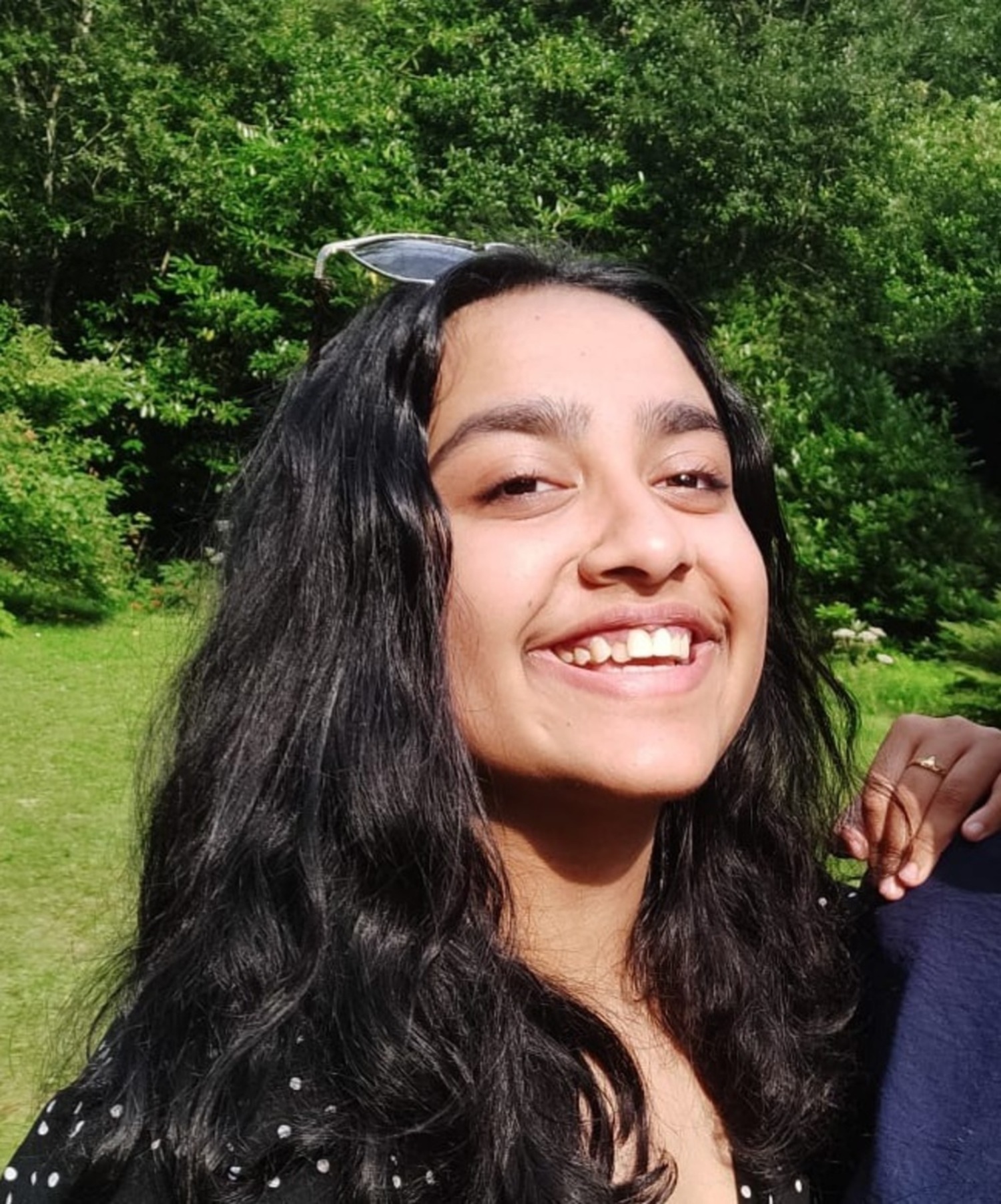 It has provided people with evidence that in times of crises, governments can act quickly. We have been told that the changes we are demanding are too “radical” or will take too long to implement. Covid has shown us that this is not true. The government can act and they can act radically and quickly. I think apart from this tool, Covid-19 has had a negative aspect. We used
It has provided people with evidence that in times of crises, governments can act quickly. We have been told that the changes we are demanding are too “radical” or will take too long to implement. Covid has shown us that this is not true. The government can act and they can act radically and quickly. I think apart from this tool, Covid-19 has had a negative aspect. We used
the streets, using the power of people uniting to put pressure on the decision makers. We lost that power once Covid came along.
People have seen once when a crisis gets out of control. Everyone in the world at least has seen the destruction caused by Covid. We need to show that the climate crisis itself is a crisis and that too will get out of hand and we must take action.
What would you like to see as a change, in other words what do you think would be the best plan to reverse the climate crisis?
More empathy, more sustainability and no more fossil fuels. We need to tackle this issue of nation supremacy and we must work together. We are all one human race and we are all citizens of the world and I feel this idea has been lost over time due to factors like colonialism and imperialism. Bring empathy into our societies, and we need to deconstruct the greed and
supremacy that has caused so much pain in the past and in the present. It’s on us to ensure that suffering does not carry out into the future.
‘No more fossil fuels’
Again, I cannot emphasize enough the importance of sustainability. This must be the core element of all of our future endeavours. We cannot keep pushing for unsustainable practices to continue because of the short term gain. Sustainability doesn’t just mean climate, it means ensuring our practices and our actions ensure that short term and long term the action is healthy
for us, for our environment AND for the future generations to come.
Finally no more fossil fuels. We need an immediate halt to this. I gave this it’s own category because fossil fuels doesn’t represent just the carbon emission producing substance you dig out. The greedy guilty corporations and the blind eye and under the table payment by our governments are also a huge element of this. Tear these barriers to justice down, rebuild them into sustainable and healthy and just institutions. We cannot continue to live with fossil fuels. We cannot continue to live with the greed of corporations that knowingly hid information about climate change from us. A future with fossil fuels will end up in us being fossil fools. Dismantle it and reform it.
What kind of challenges do you face about your activism?
While I feel grateful to not have experienced extreme threats, activism hasn’t been easy. Living in Ireland has given me the platform and ability to advocate for climate justice without that fear of getting into trouble, because in India it’s kind of like a taboo thing to be an activist. It’s easily noticed that in the past it was uncommon for women to speak out in India. I’ve been told that at the age of 16, I don’t know or haven’t experienced enough to be talking about politics and economics. I often get dismissed due to my age for interfering where it should be the adults. I mean, that’s the entire point I have to interfere, the adults aren’t doing enough.
I’ve experienced tokenization in the larger global movement. People can use the fact that you’re a woman of color and kind of fit you into their agenda just to say that they have someone of color. It becomes a sort of diversity hire. Having experienced this, I make sure to work hard in passing the mic down to other activists from MAPA who I know whose voices have not been
heard.

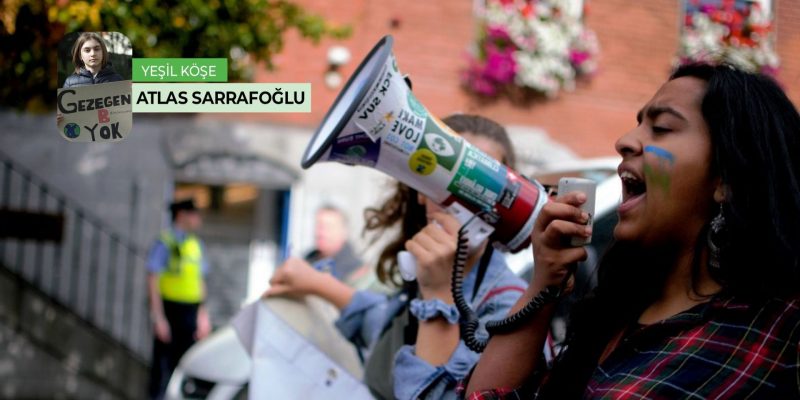
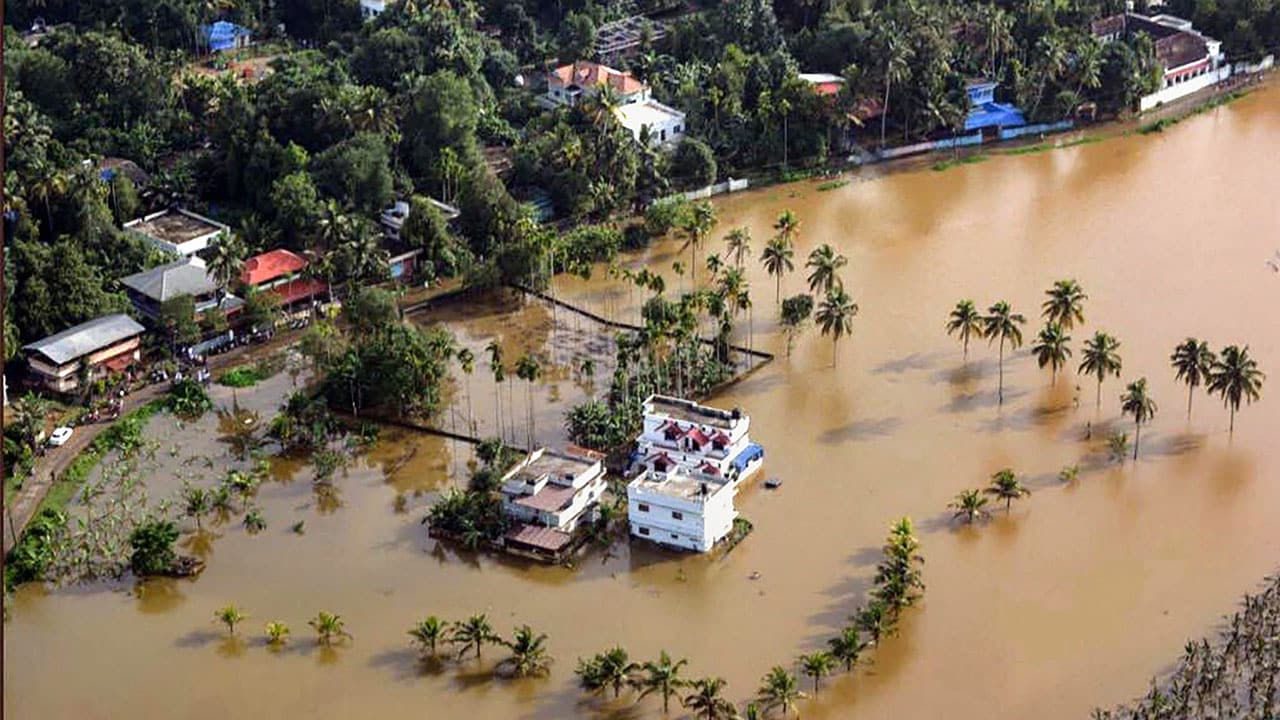
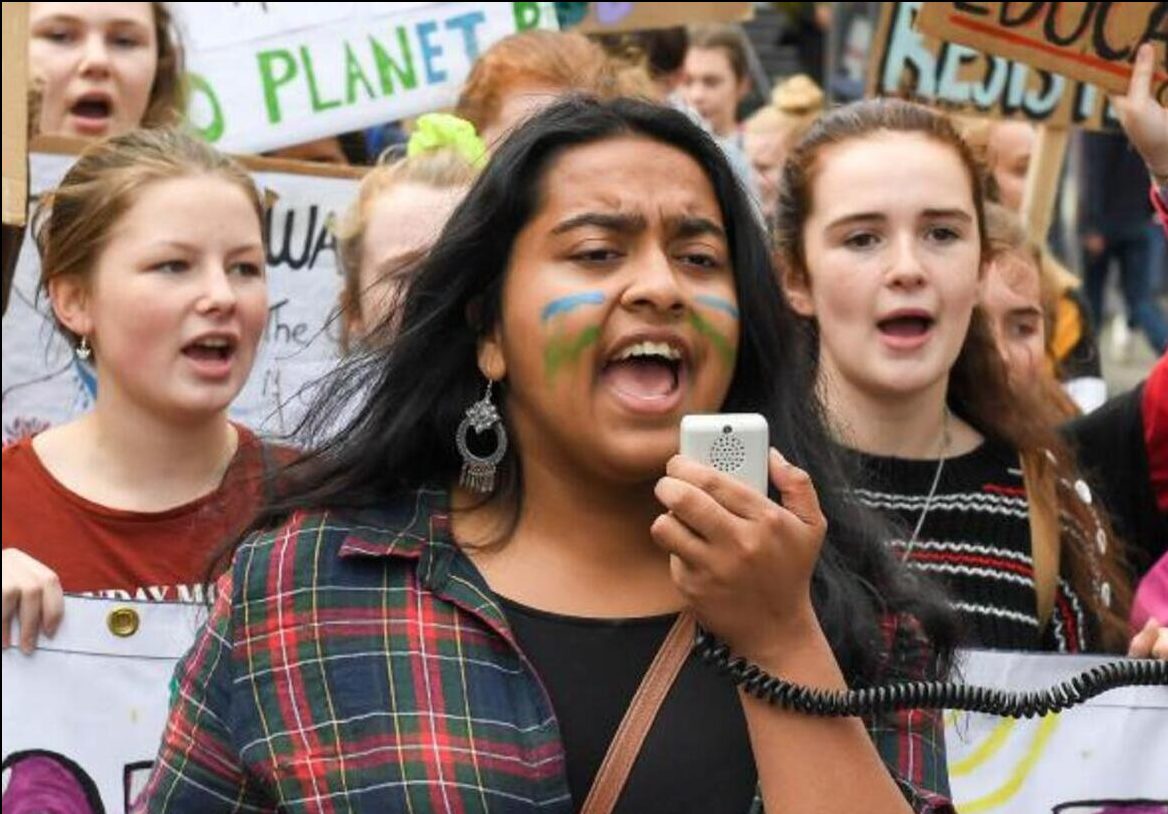
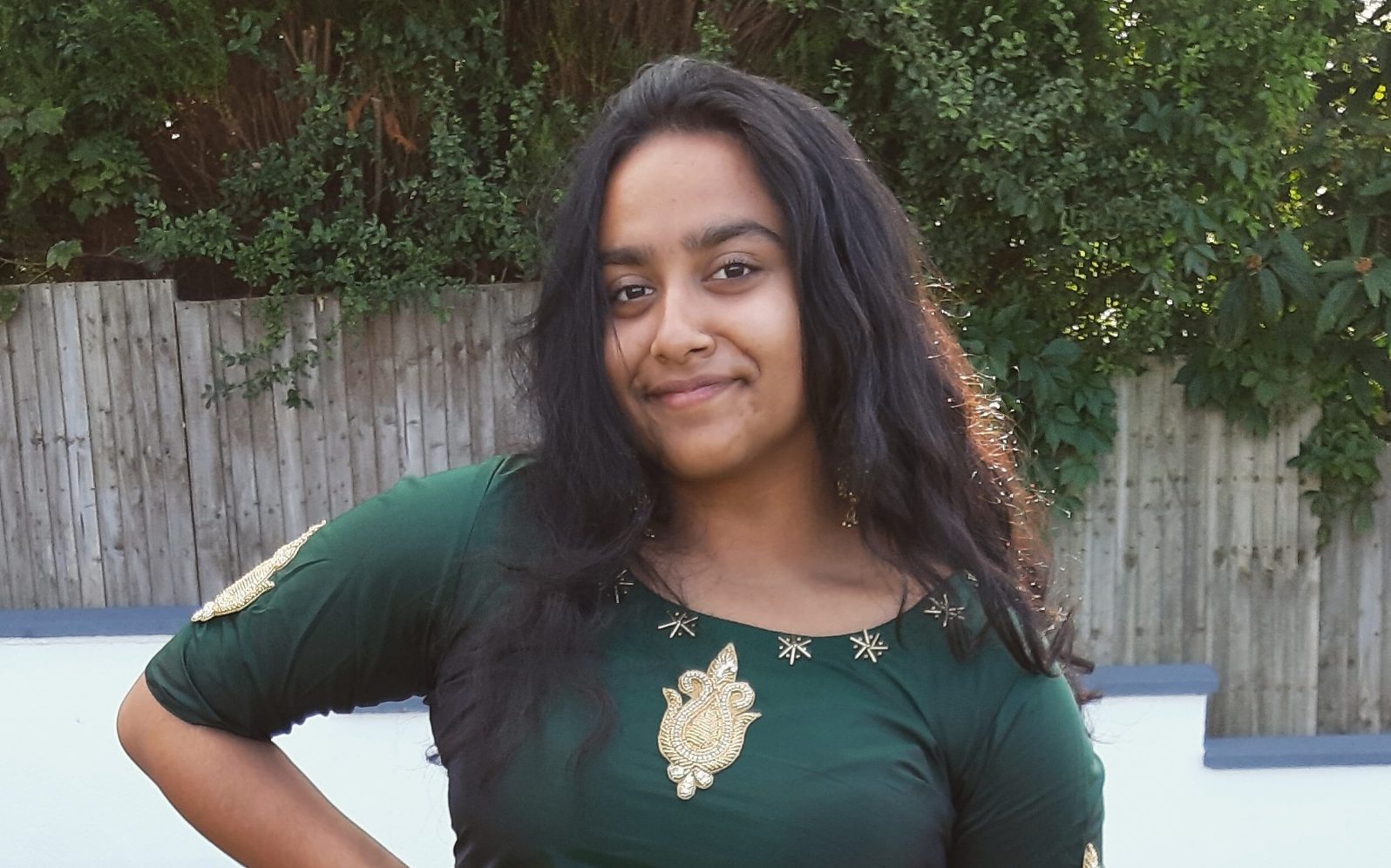
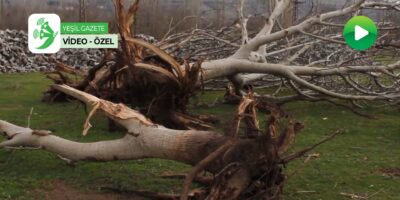
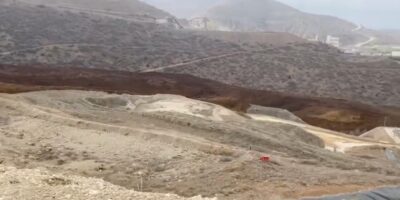
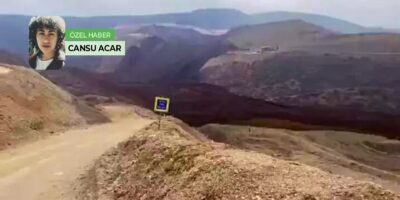
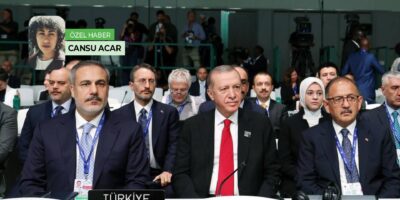

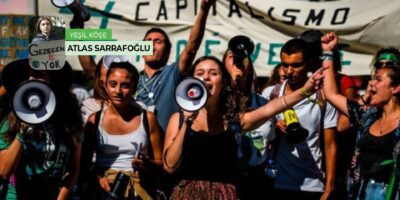
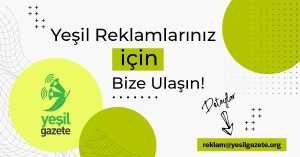
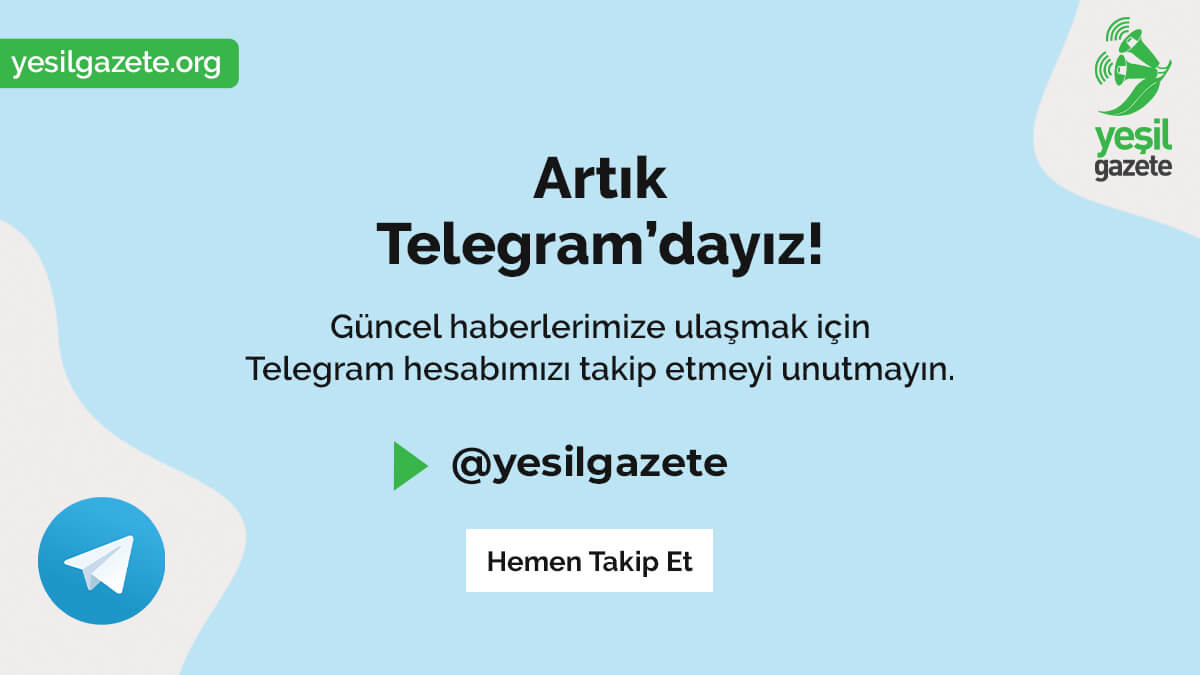
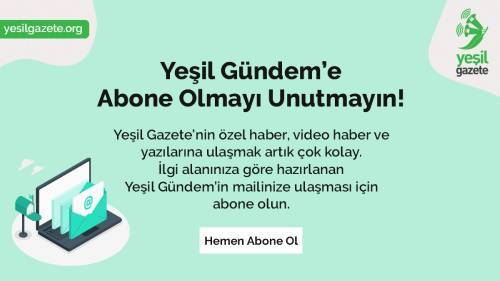
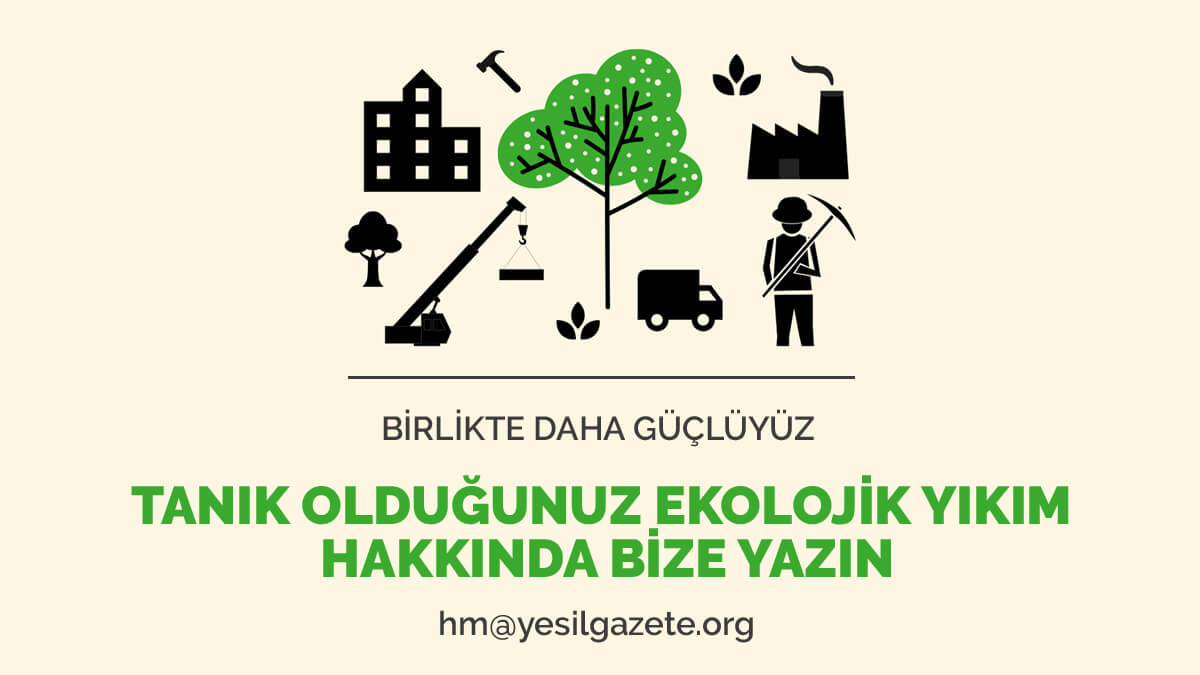

Comments